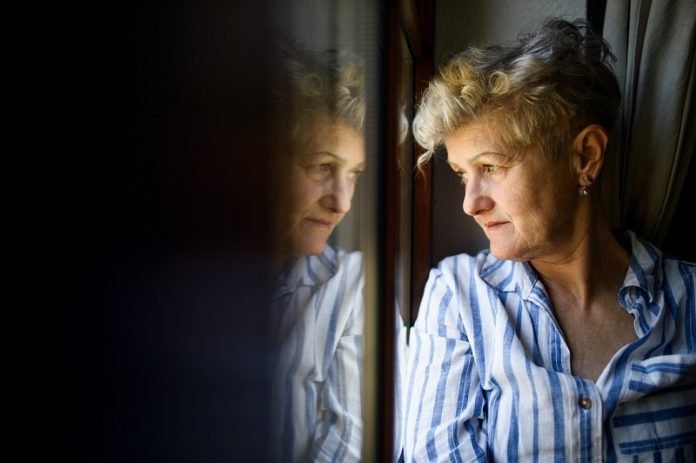
Depression and self-harm are serious issues that affect many young people. Depression is a mood disorder that can cause feelings of sadness, hopelessness, and loss of interest in activities.
Self-harm, also known as self-injury, is when someone intentionally hurts themselves as a way to cope with emotional pain or distress. Self-harm can take many forms, such as cutting, burning, or hitting oneself.
Depression and self-harm often go hand in hand. Young people who struggle with depression are at higher risk of self-harm, and those who self-harm may be more likely to experience depression.
It’s important to understand that self-harm is not a suicide attempt, but it is still a serious concern that should be taken seriously.
A new study from Karolinska Institutet in Sweden suggests that medical sleep treatment with melatonin may reduce the risk of self-harm in young people with anxiety and depression.
Melatonin is a hormone that helps control sleep-wake cycles and is commonly prescribed for sleep problems in children and adolescents.
The study found that the risk of self-harm increased before melatonin prescription and decreased afterward, especially in girls.
Over 25,500 children and teenagers between the ages of 6 and 18 who were prescribed melatonin in Sweden were identified in the study.
Most of them had at least one psychiatric disorder, such as ADHD, anxiety disorders, depression, or autism spectrum disorder. Self-harm was more common in girls than in boys.
The researchers estimated the risks of self-harm in the same individual while on or off medication by comparing the risk in the last unmedicated month with the twelve months after melatonin treatment was initiated.
They found that the risk of self-harm increased shortly before melatonin was prescribed and decreased by about half in the months following the initiation of treatment.
The reduction in risk was particularly evident among adolescent girls with depression and/or anxiety disorders.
The study supports the idea that sleep interventions may help reduce self-harm in young people, especially girls.
However, because it was an observational study, it cannot establish a causal relationship between melatonin and reduced self-harm rates.
The use of other medications or psychotherapy may also have influenced the findings.
The study is important because there is currently a youth mental health crisis, and the risk of self-harm and suicide is high. Sleep problems are also common in young people with psychiatric disorders.
By addressing sleep problems with melatonin treatment, healthcare providers may be able to reduce the risk of self-harm in this population.
In conclusion, medical sleep treatment with melatonin may help reduce the risk of self-harm in young people with anxiety and depression.
While the study cannot establish a causal relationship between melatonin and reduced self-harm rates, the findings support the idea that sleep interventions may help improve mental health in young people.
Healthcare providers should be aware of the link between sleep problems, mental health, and self-harm, and consider melatonin treatment as an option for young people with sleep problems and psychiatric disorders.
If you or someone you know is struggling with depression or self-harm, there is help available.
It’s important to reach out to a trusted adult, such as a parent, teacher, or healthcare provider, and talk about what you’re going through.
They can help connect you with resources and support, such as therapy, counseling, or medication.
In addition to seeking professional help, there are also things you can do to take care of your mental health.
This includes getting enough sleep, eating a healthy diet, staying physically active, and finding ways to manage stress, such as through mindfulness or relaxation techniques.
Remember, you are not alone in your struggles. It’s okay to ask for help and to take steps to improve your mental health.
With the right support and resources, it is possible to overcome depression and self-harm and lead a healthy, fulfilling life.
If you care about mental health, please read studies about 6 daily habits to reduce stress & anxiety, and B vitamins could help prevent depression and anxiety.
For more information about mental health, please see recent studies about a big cause of depression in middle-aged and older people, and results showing a drug that can reduce depression and suicidal thoughts.
The study was conducted by Dr. Marica Leone et al and published in the Journal of Child Psychology and Psychiatry.
Copyright © 2023 Knowridge Science Report. All rights reserved.



